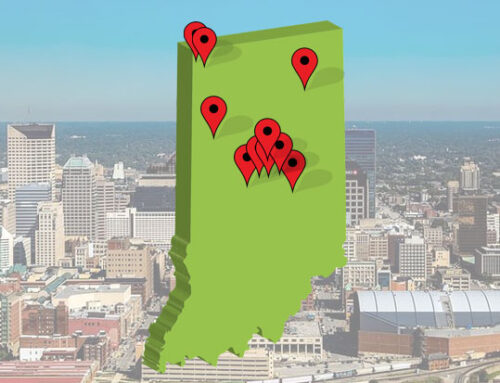William Bill Hurst-Your Indiana Lawyer
There is one particular type of damage awarded by the courts that has become sensationalized in today’s society, punitive damages. Most people have heard of, or can at least guess at, the meaning of “punitive damages” but most don’t know the finer details of the concept.
Why Do We Have Punitive Damages?

What Do You Have To Show To Get Punitive Damages?
The giving out of punitive damages is heavily regulated both by law and by the discretion of judges. For an action arising in tort (a tort is something someone else did wrong that caused you injury and for which you- not the state- can sue), punitive damages may be awarded only when there is “clear and convincing evidence that a Defendant subjected other persons to probable injury, with an awareness of such impending danger and with heedless indifference to the consequences.” Orkin Exterminating Co., Inc. v. Traina, 486 N.E.2d 1019, 1023 (Ind. 1986). Basically, punitive damages require that the wrongdoer intentionally did the wrong and fairly solid proof of that state of mind. After they are handed out, punitive damages can be reviewed upon appeal for being “excessive.” The tests used in Indiana (as well as the US Supreme Court) to judge whether a punitive damages claim is excessive are: the responsibility of defendant’s conduct; the disparity between the plaintiff’s harm and the punitive damages; and the difference between the punitive damages and comparable civil or criminal penalties. Stroud v. Lints, 790 N.E.2d 440 (Ind. 2003).
Punitive Damages Tort Reform
Punitive damage discussions are still grabbing headlines today as the discussion over “tort reform.” Corporations and their lobbyists have sought to reform of the treatment of punitive damages by promoting legislation which tends to eliminate punitive damage claims. Early on, in Indiana, attorneys could not charge a fee for punitive claims because the damages went to the State not the victim. Because of that, few attorneys took those cases or claims since the attorney would basically be working for the State, free of charge. Today, things have changed slightly, lawyers can collect a fee but, as discussed above, there are limits on both the lawyer and the one bringing the claim.
Is There Any Limitation On How Much You Can Get In Punitive Damages?
Another point of misunderstanding revolves around how much money can actually be awarded and to whom the award is made. The amount of punitive damages recoverable is limited by the Indiana Tort Reform Act (IC 34-51-3). Under the Act, a punitive damage award may not be more than the greater of three times the amount of compensatory damages awarded in the action or $50,000.00. Compensatory damages are also a prerequisite to the recovery of punitive damages; you can’t get punitive damages until compensatory damages are awarded. In terms of who gets what, a Plaintiff (the one suing) receives only 25% of his punitive damage award. The rest, 75%, is deposited into the “Violent Crime Victim’s Compensation Fund.” The Fund was created in 1978 to provide financial assistance for victims of violent crime. The Fund is intended to assists victims or their dependents with medical expenses, funeral expenses, lost wages and outpatient counseling. For victims of sexual assault, the Fund also allows payment of expenses resulting from the collection of evidence (e.g. rape kit) as well as outpatient counseling services. A further wrinkle created by the Act is that juries are not told of the limits on punitive damages or where that money goes, they must decide the amount to be awarded ignorant of those limits.




